Devastating Grenfell Tower fire was result of decades of institutional failings, damning final report finds
All 72 deaths were avoidable as cladding manufacturers engaged in ‘systematic dishonesty’ and successive governments failed to act on warnings, report finds
Your support helps us to tell the story
From reproductive rights to climate change to Big Tech, The Independent is on the ground when the story is developing. Whether it's investigating the financials of Elon Musk's pro-Trump PAC or producing our latest documentary, 'The A Word', which shines a light on the American women fighting for reproductive rights, we know how important it is to parse out the facts from the messaging.
At such a critical moment in US history, we need reporters on the ground. Your donation allows us to keep sending journalists to speak to both sides of the story.
The Independent is trusted by Americans across the entire political spectrum. And unlike many other quality news outlets, we choose not to lock Americans out of our reporting and analysis with paywalls. We believe quality journalism should be available to everyone, paid for by those who can afford it.
Your support makes all the difference.The Grenfell Tower fire that claimed the lives of 72 residents was the result of decades of failure by governments and the construction industry, a damning final report into the disaster has found.
Eighteen children were among those killed in the 2017 blaze that the 24-storey block in flames while scores were trapped inside.
The tower, in Kensington, west London, had been coated in flammable materials because of the “systematic dishonesty” of firms who made and sold the cladding and insulation, inquiry chair Sir Martin Moore-Bick said on Wednesday.
The excoriating report concluded that all 72 deaths were avoidable, and condemned companies for the “deliberate and sustained” manipulation of fire-safety testing. Owners of the tower, the Royal Borough of Kensington and Chelsea (RBKC), were also criticised, as was the tower’s tenants management organisation (TMO).
Families and survivors lashed out at the long delay to hold anyone to account, as the Crown Prosecution Service warned that any criminal charges are unlikely to be brought until the end of 2026.
Prime minister Sir Keir Starmer pledged the government would write to all companies involved in the failures “as the first step to stopping them being awarded government contracts”.
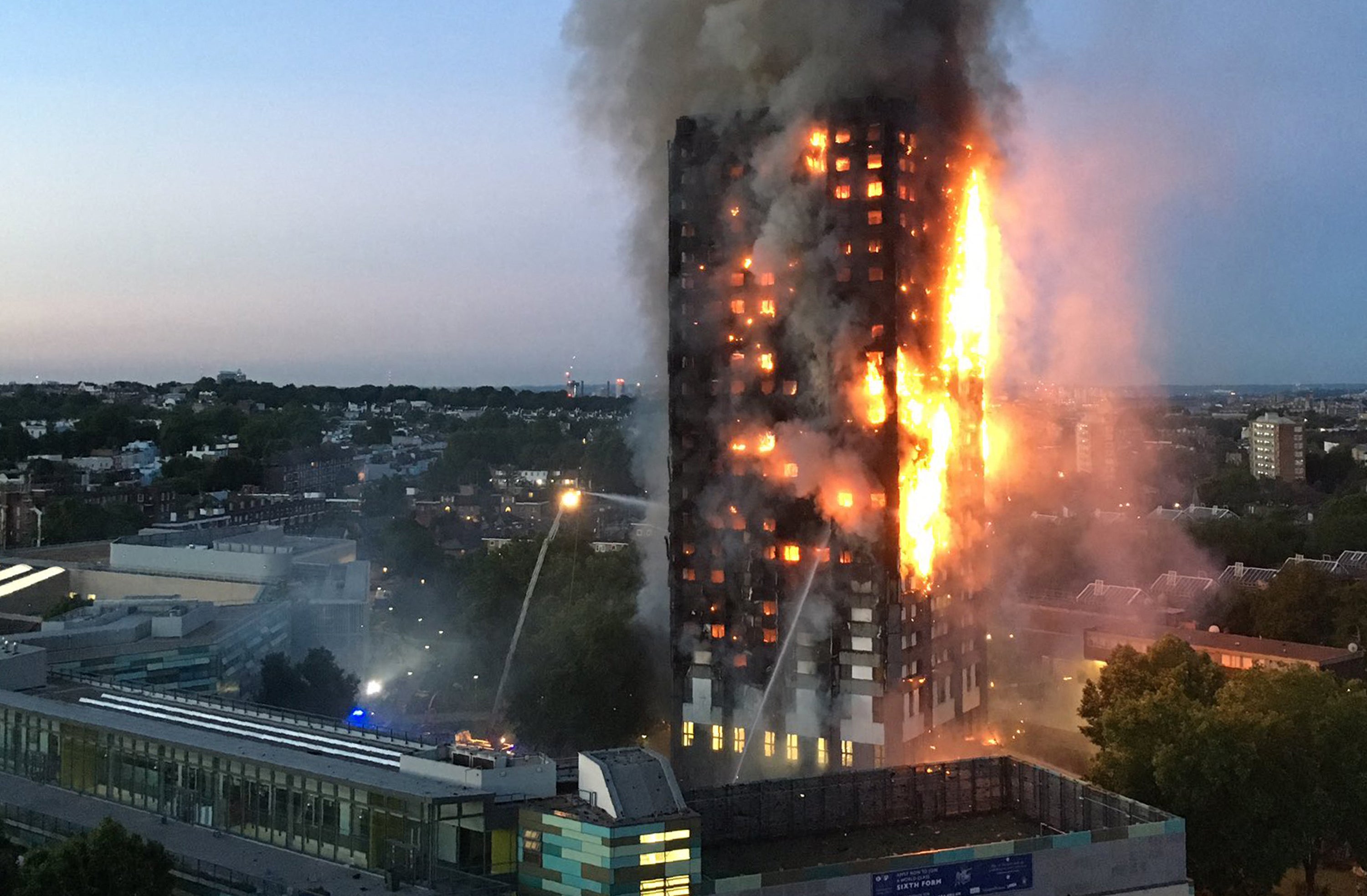
Key findings of the 1,700-page report include:
- Those living in Grenfell were badly failed by authorities and the construction industry through “calculated dishonesty and greed”
- Governments as far back as Tony Blair’s in 1999 were warned about the safety risk of fires in highrise blocks
- Successive governments under David Cameron and Theresa May received numerous warnings about the dangers of cladding materials between 2012 and 2017 but failed to take appropriate action
- Fire-safety testing was manipulated, test data misrepresented and the market misled by companies such as Arconic and insulation firms Kingspan and Celotex, the report claimed
- Emergency accommodation plans were inconsistent, with families crammed into one room and residents left sleeping in cars or on the grass
- The response of the government and RBKC was “muddled, slow, indecisive and piecemeal”, with little done to cater to people from diverse backgrounds, such as providing halal food for Muslims observing Ramadan
- There had been a “persistent indifference” to fire safety at Grenfell Tower with no finalised evacuation plan
Follow our live blog for all the latest updates here
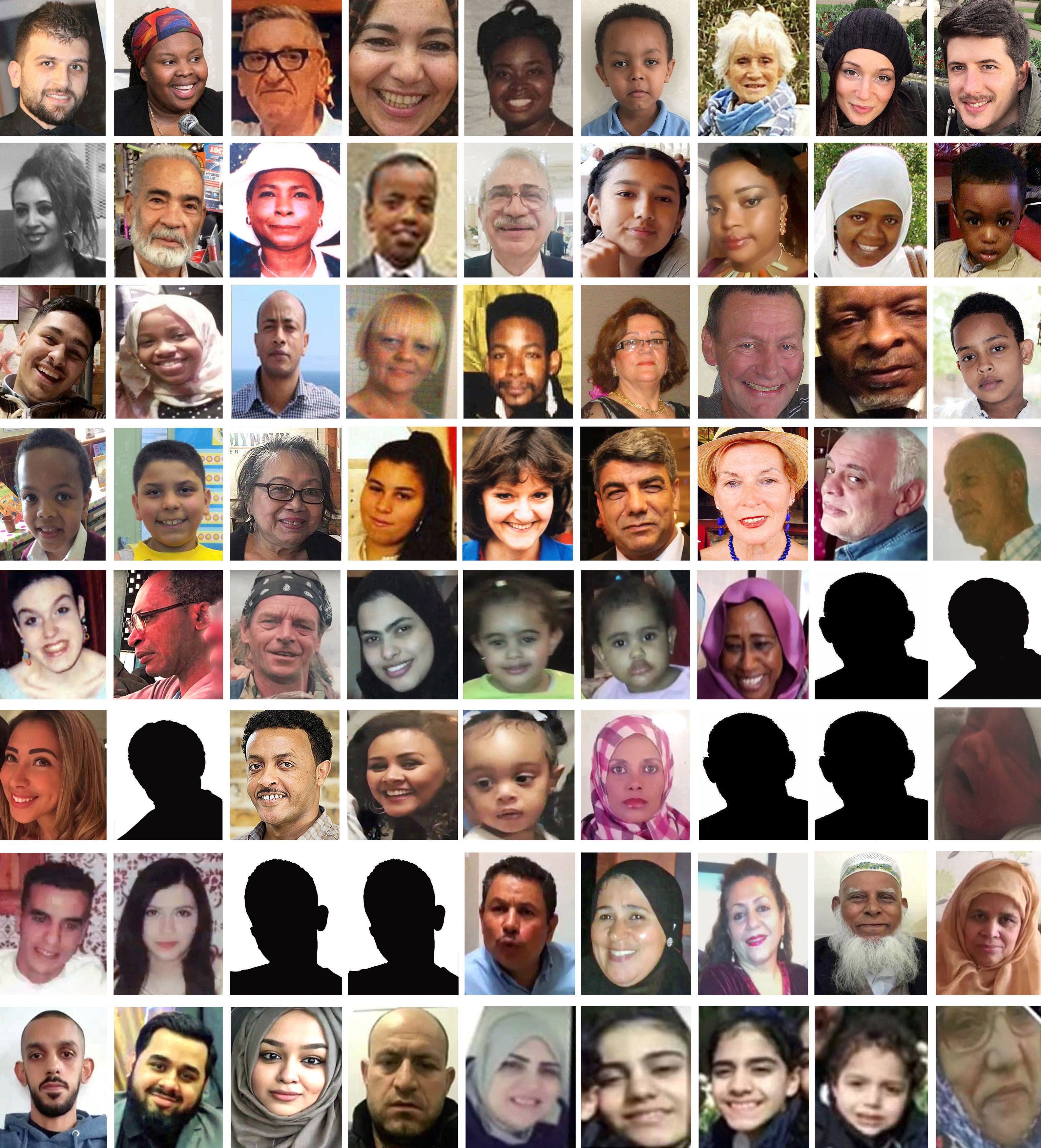
When the blaze broke out just before 1am on 14 June 2017, residents were told to stay put in their flats, in accordance with a fire brigade plan, until it was too late.
It began with a faulty fridge but became the worst structural fire in Britain since the blitz, with survivor groups saying that those responsible have “blood on their hands”.
All of the victims of the disaster whose bodies were destroyed by fire were dead or unconscious by the time the flames reached them, the inquiry found.
Sir Keir said the seven-volume report identified substantial and widespread failings and the government will carefully consider its recommendations “to ensure that such a tragedy cannot occur again”.
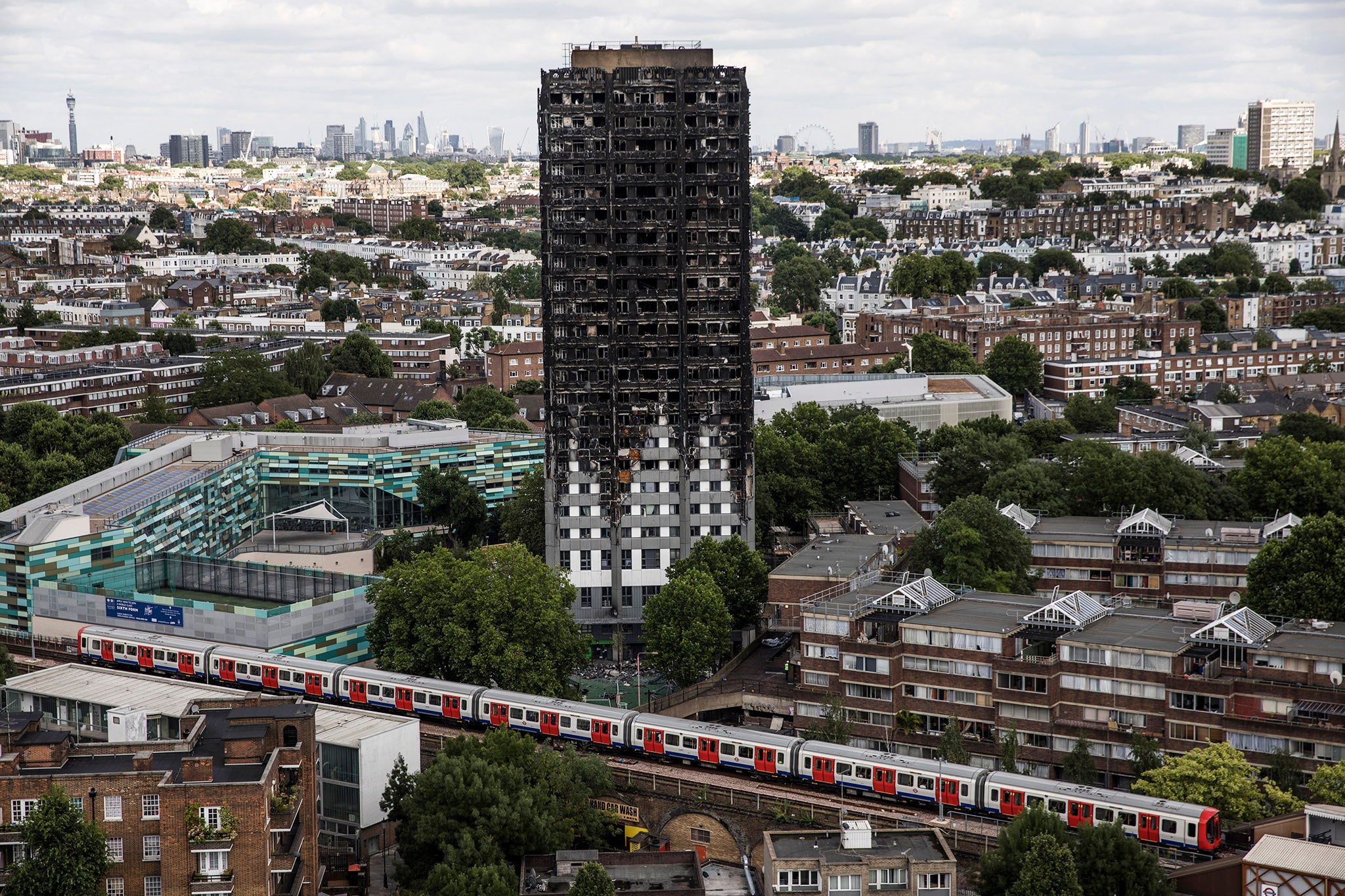
Theresa May, who was prime minister at the time of the disaster, said national and local government, regulators and industry “must all acknowledge their part in the history and series of events that led to this tragedy”.
The inquiry found that by 2016 the government was well aware of the risks of using combustible cladding panels and insulation, particularly in highrise buildings, but “failed to act on what it knew”.
More than 800 people were left homeless by the fire, with RBKC’s leadership wholly inadequate to deal with the scale of the tragedy, leaving many to feel abandoned and helpless.
Families who had lost all their belongings were made to wait days to be allocated emergency accommodation in hotels, with little consideration to groups with particular needs, with one pregnant woman forced to sleep on the floor.
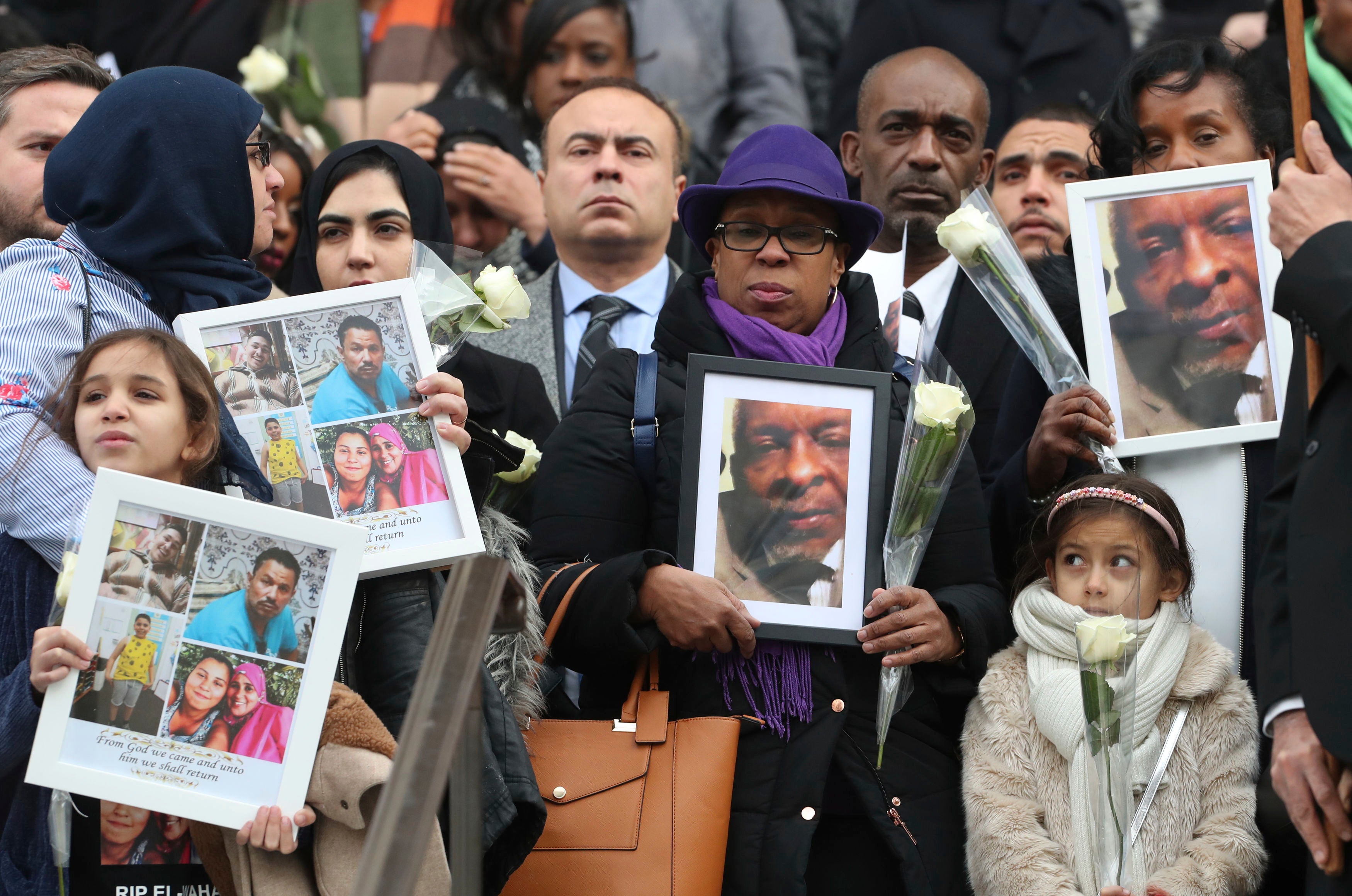
The second part of the inquiry, which began in November 2022, heard from a number of survivors who recalled “absolute chaos and confusion everywhere”, with the scene compared to a horror film or akin to a warzone.
One witness, Karim Mussilhy, said he had expected to see people in authority with high-visibility jackets, but saw no one, with little information available from the council in the immediate aftermath.
Many survivors and local residents slept in their cars, while others waited for hours for buses that they had been told would take them to a rest centre, but instead they were made to walk during the early hours to centres that had spontaneously opened nearby.
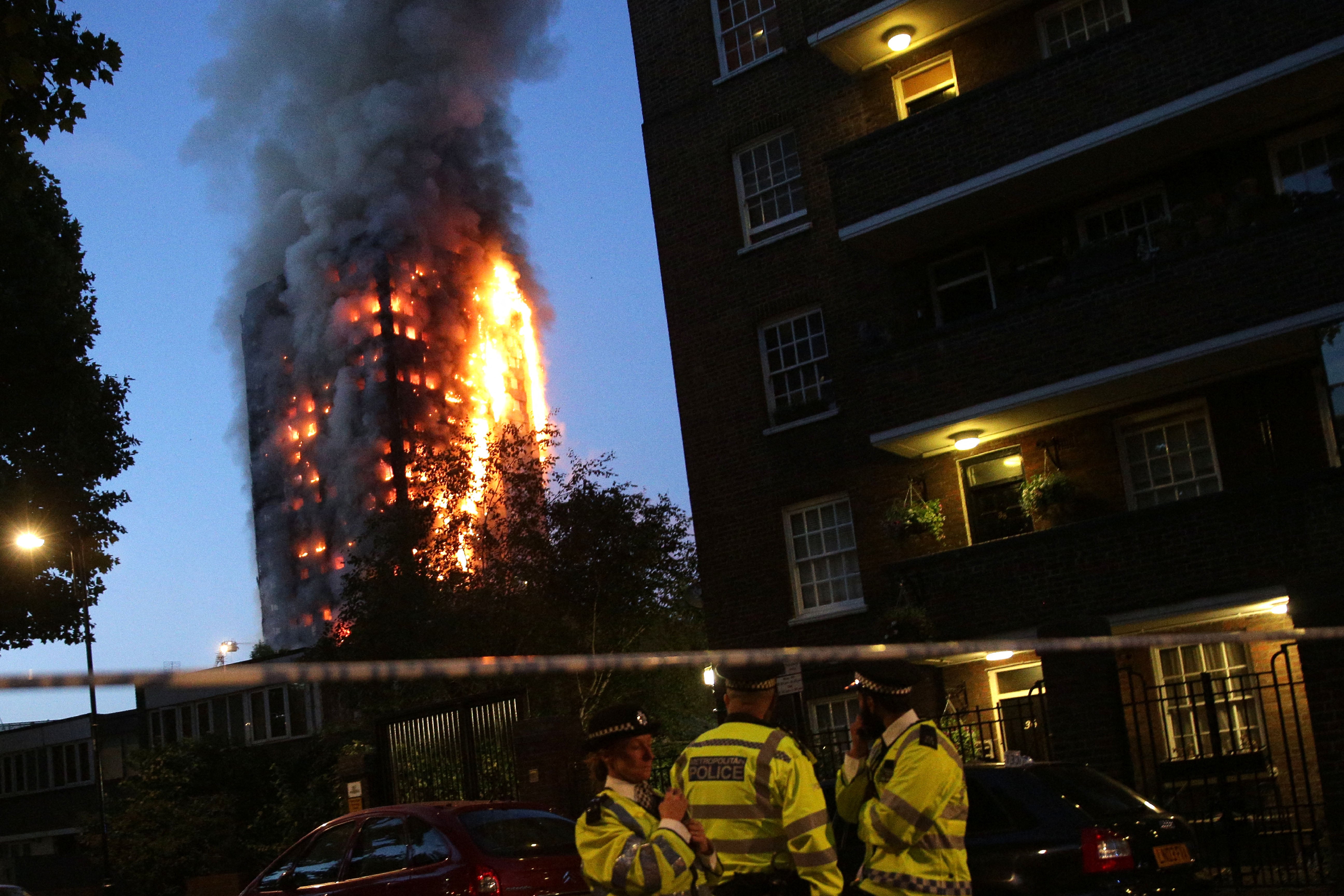
One resident described feeling like “cattle just coming through”, with interviews lacking in sensitivity and several survivors left distressed after being rehoused in highrise rooms.
RBKC chief executive Nicholas Holgate, who acted as gold commander for the council’s response, had no clear plan and was “unduly concerned” for the council’s reputation, the inquiry found. Mr Holgate has previously come under criticism for failing to hand over command to a London-wide group with more expertise until two days after the fatal fire.
A toxic relationship – characterised by “distrust, dislike, personal antagonism and anger” – was found to have existed between the residents and the TMO since 2011, with those living in the tower viewing management as an “uncaring and bullying overlord”.
It was found that the TMO had failed to disclose to the local council the outcome of an independent and highly critical report on fire safety in 2013, and no fire strategy had been finalised for the tower despite a consultant recommending one in 2009.
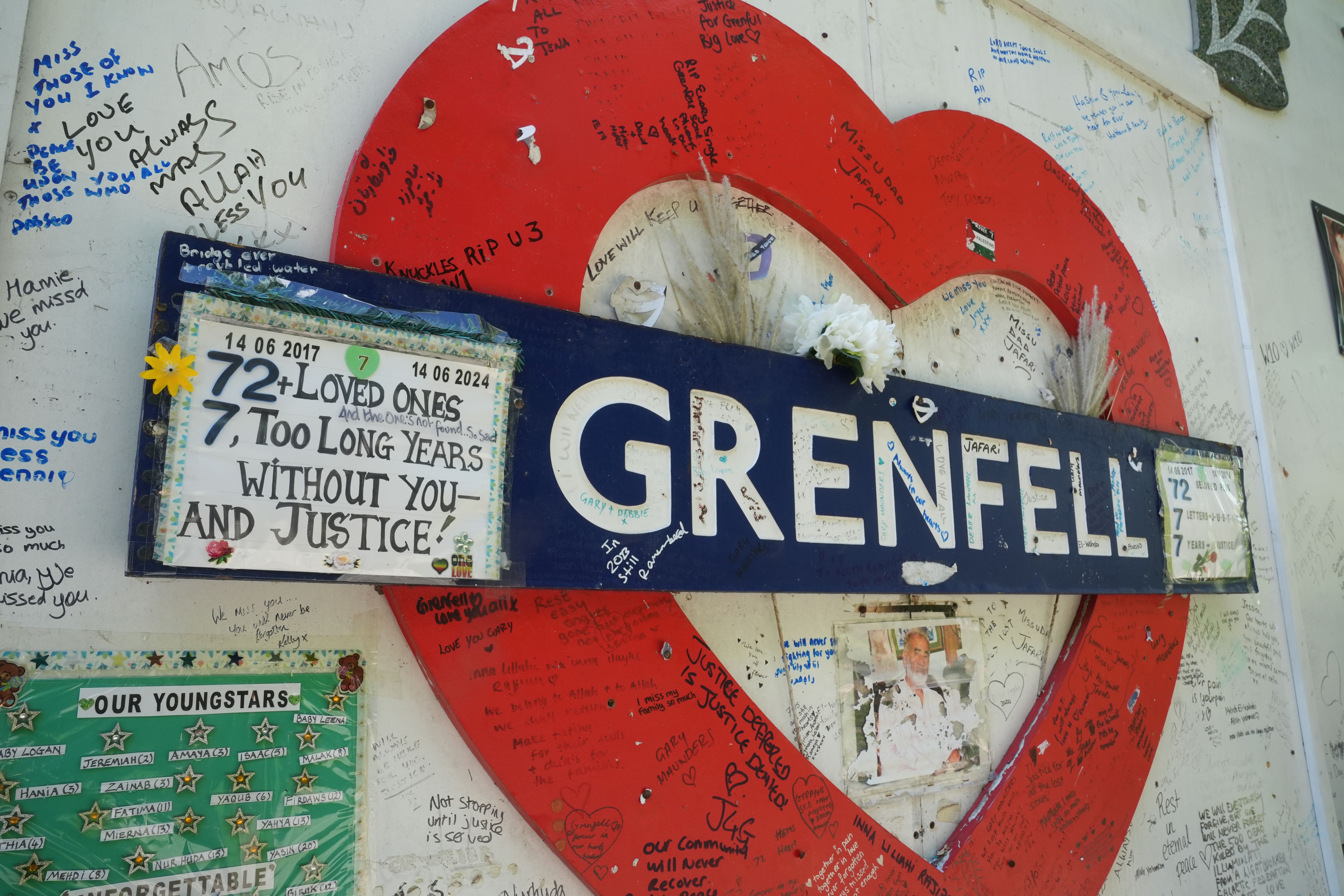
The London Fire Brigade was found to have failed to provide suitable training to their control operators on handling the magnitude of calls, causing confusion at the scene.
It had failed to realise its shortcomings during the fatal Lakanal House fire in Camberwell in 2009, and suffered from a “chronic lack of effective management and leadership, combined with an undue emphasis on process”.
Inquiry chair Sir Martin and two other panel members found that “unscrupulous manufacturers” had engaged in deliberate and sustained strategies to manipulate testing processes, misrepresent data and mislead the market.
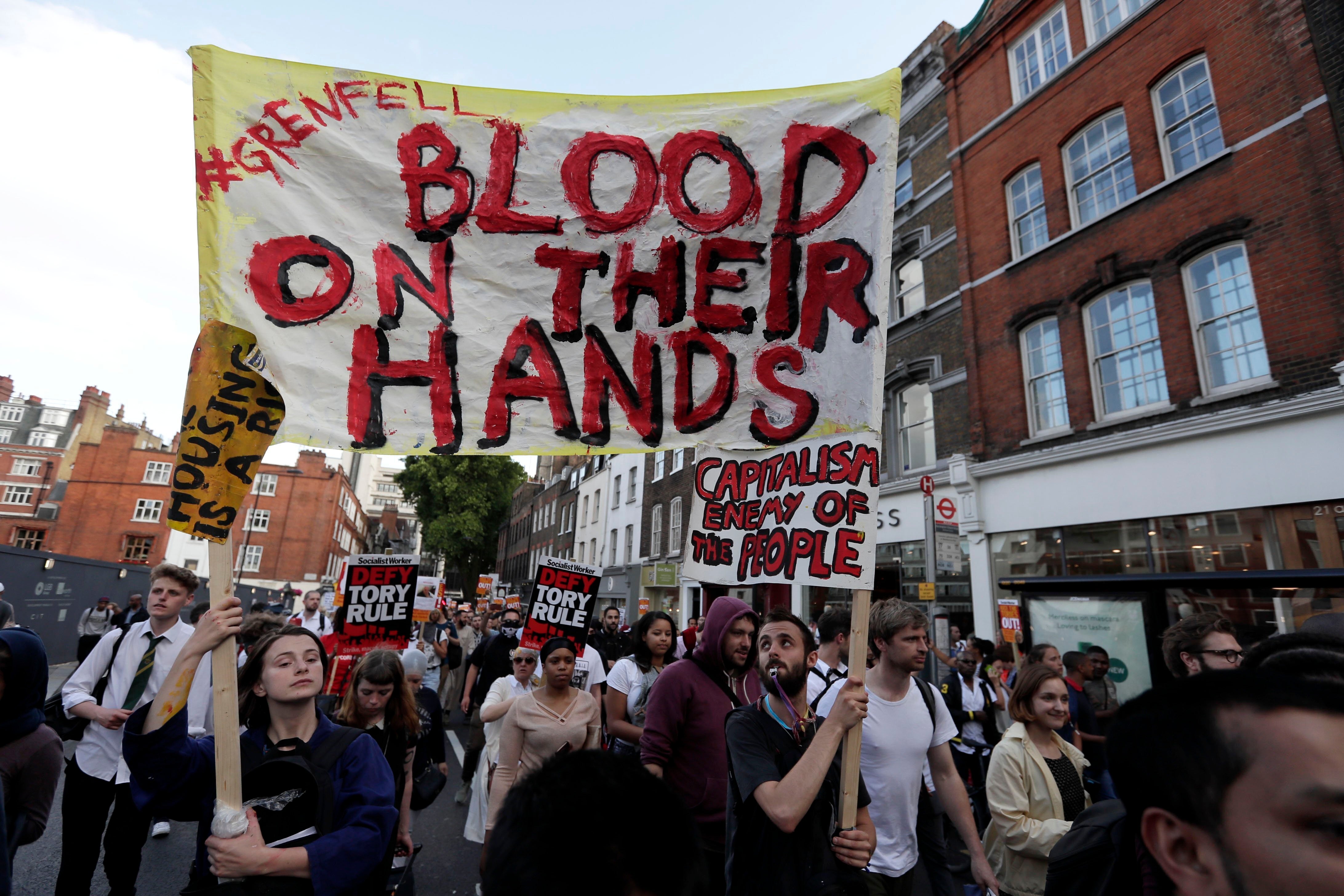
This included companies such as Kingspan, which provided insulation, had not withdrawn their product from the market despite “disastrous” tests in 2007 and 2008, and their own concern about its fire performance.
The building products company has already apologised for the “process and conduct shortcomings” identified during the inquiry.
Setting out 58 recommendations, Sir Martin concluded that the construction industry had become “too complex and fragmented”, and suggested a single regulator should be put in place to be responsible for the regulation of construction products, testing and certification.
In response, the group Grenfell United said: “This marks the conclusion of a painful six years listening to the evidence of the deaths of 54 adults and 18 children, our loved ones, neighbours and friends. It is a significant chapter in the journey to truth, justice and change. But justice has not been delivered.
“The inquiry report reveals that whenever there’s a clash between corporate interest and public safety, governments have done everything they can to avoid their responsibilities to keep people safe. The system isn’t broken, it was built this way.”
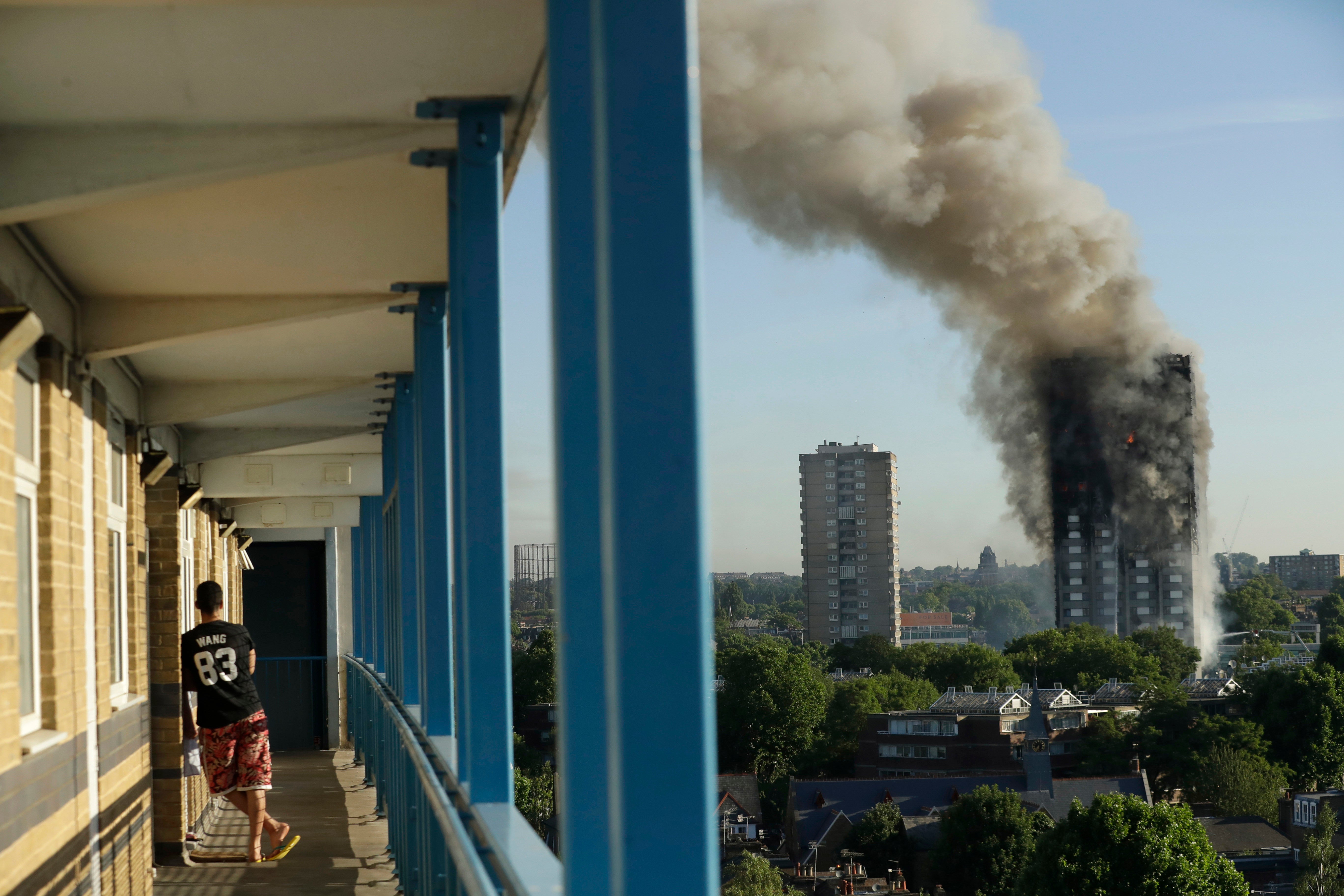
In May, the Metropolitan Police said their investigators need until the end of 2025 to finalise their own investigation, and prosecutors will then need a year to decide whether charges can be brought.
Bereaved and survivors have described that wait, which could stretch to a decade after the fire, as “unbearable”.
Publication of the report comes just over a week after a major fire in east London at a block that had been undergoing work to have cladding removed as a result of what happened at Grenfell. Although nobody died in the blaze, in Dagenham, the length of time taken to address flammable cladding prompted fierce criticism including from Grenfell United, which said it showed the “painfully slow progress of remediation across the country, and a lack of urgency for building safety as a whole”.
And just hours after Wednesday’s report was published, a fire broke out in a highrise block in Catford, south London.

Join our commenting forum
Join thought-provoking conversations, follow other Independent readers and see their replies
Comments